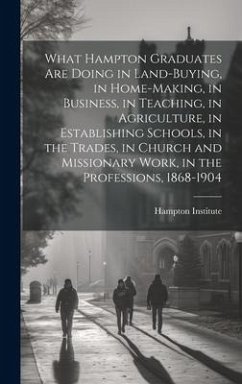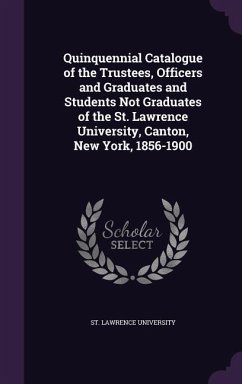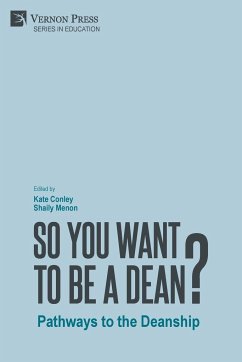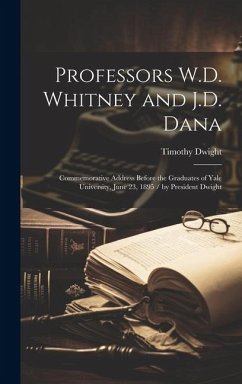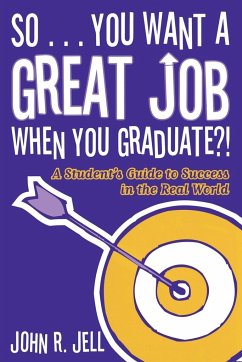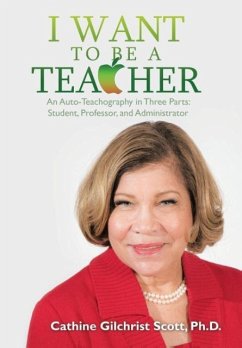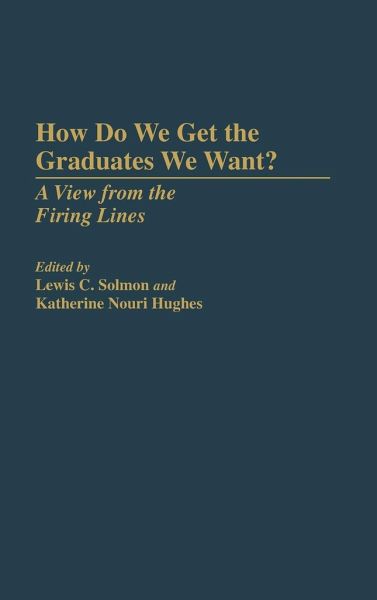
How Do We Get the Graduates We Want?
A View from the Firing Lines
Herausgeber: Solmon, Lewis C.; Hughes, Katherine Nouri
Versandkostenfrei!
Versandfertig in 1-2 Wochen
70,99 €
inkl. MwSt.

PAYBACK Punkte
35 °P sammeln!
We have heard from scholars, policymakers, and business leaders about how to improve our schools, but those who actually work in K-12 education rarely have a chance to speak out. This volume addresses that imbalance by providing the views of teachers and administrators who have been recognized for exemplary contributions to their profession. The ideas presented in this book originated at a conference held in March 1991, where keynote addresses were presented by former Secretary of Education William Bennett and Harvard professor Arthur Levine on the topic What do we want our graduates to be lik...
We have heard from scholars, policymakers, and business leaders about how to improve our schools, but those who actually work in K-12 education rarely have a chance to speak out. This volume addresses that imbalance by providing the views of teachers and administrators who have been recognized for exemplary contributions to their profession. The ideas presented in this book originated at a conference held in March 1991, where keynote addresses were presented by former Secretary of Education William Bennett and Harvard professor Arthur Levine on the topic What do we want our graduates to be like?. Following are reactions to this question from four state superintendents and from teachers. Then there are a series of chapters that focus on different approaches to preparing students for their futures: moral and ethical development; meeting the needs of diverse student populations; attracting, preparing, and retaining high-quality teachers; school structure and restructuring; assessing effective school processes; and business or university collaborations with schools. Instead of abstract or theoretical solutions, this valuable book emphasizes practical approaches with proven results.




